A woman and her young son pause to look at the Charminar, lit gold and red against the Hyderabad sky. A street dog, previously unseen, nips at the boy’s hand. The mother’s fury frightens the dog away, and she comforts her crying child. Three months pass and the wound is long-healed, but the boy has lost some of his youthful exuberance. He starts to be afraid of familiar people, he no longer says “hi” to strangers at the market. Maybe her son is just moody. Maybe he’s not getting enough sleep. But when he starts to see things that aren’t there, she rushes him to get help. At the hospital, the boy is diagnosed with rabies. A doctor tells her the worst words a mother can hear: “There is nothing we can do.”
Rabies means “madness.” Humans have written about it for thousands of years. India accounts for 36% of all human rabies deaths, about 20,000 per year. Children account for 40% of cases worldwide. The virus spreads through the nervous system, showing no symptoms until the brain starts to swell. An infected person becomes fearful, aggressive and they begin to hallucinate. Strangest of all, an infected person avoids water, to the point of painful muscle spasms at the thought of drinking. Treatment options are available if the infected seeks help immediately, but once the virus has incubated fully, it is terminal in nearly all cases. Infected dogs suffer the same sad fate.
Video of a man with rabies-induced hydrophobia, courtesy of Wertheim H, Nguyen T, Nguyen K, de Jong M, Taylor W, Le T, Nguyen H, Nguyen H, Farrar J, Horby P, Nguyen H, CC BY 2.5 <https://creativecommons.org/licenses/by/2.5>, via Wikimedia Commons
Though many animals can carry rabies, the vast majority of human infections are caused by dog bites. Stray Animal Foundation of India (SAFI) vaccinates every dog that comes into our care, no matter how long or short their stay. Then, they cannot get this terrible disease, they cannot spread it to other dogs or to their oldest companions: humans.
Every September, in the month of World Rabies day SAFI has a vaccination drive when we work with local neighborhoods to get vaccines to nearby dog populations. Through their involvement with our work, the people can go about their lives with less fear. Because they are less afraid, their canine neighbors receive less abuse. And we’ve made a real impact. In August of 2021, The Times of India reported that Hyderabad, the city we do our work in, is approaching the status of a Rabies-Free Zone.
You can help by educating yourself and others about the plight of strays in India, and our work to remedy their situation. Of course, if you can make a donation, we would really appreciate it. A single dose of rabies vaccine costs $1, but anything helps.
“There is nothing we can do.”
But you can do something.
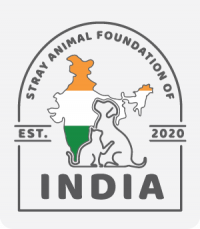

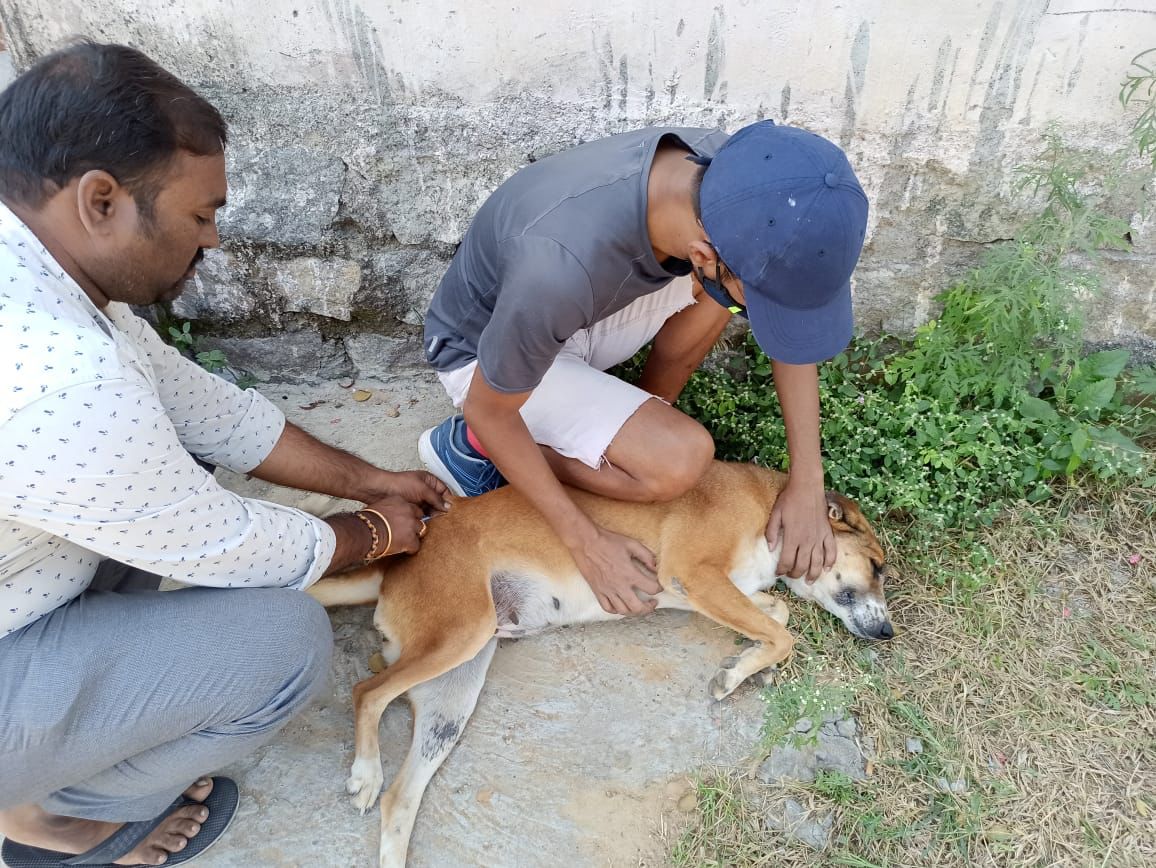
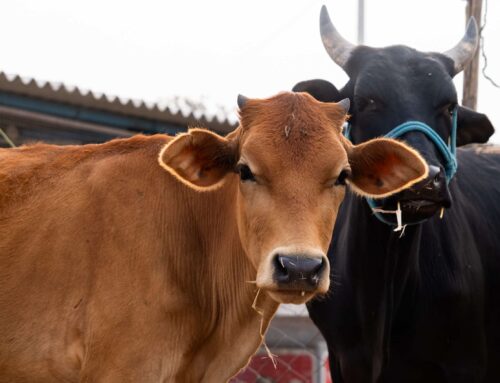
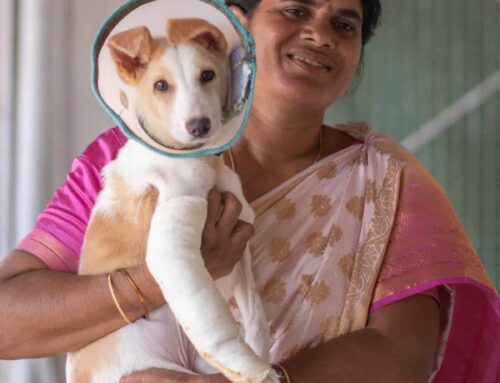
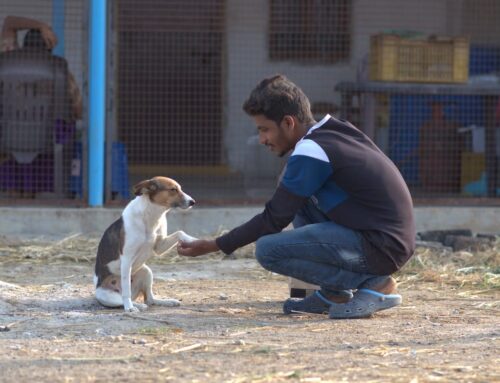
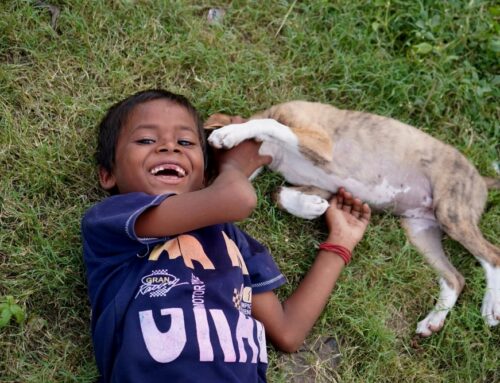

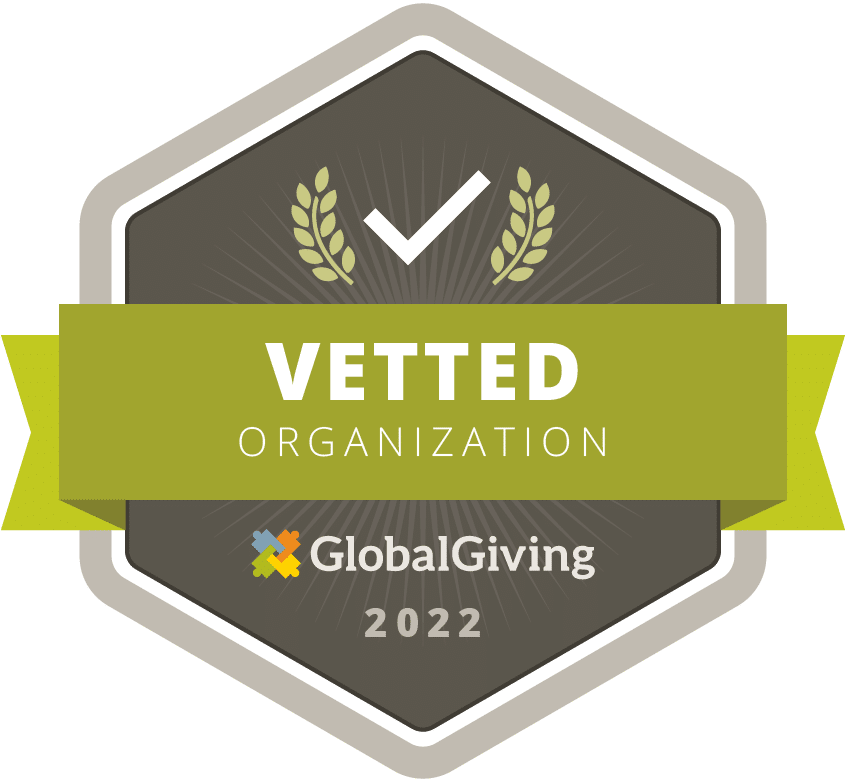

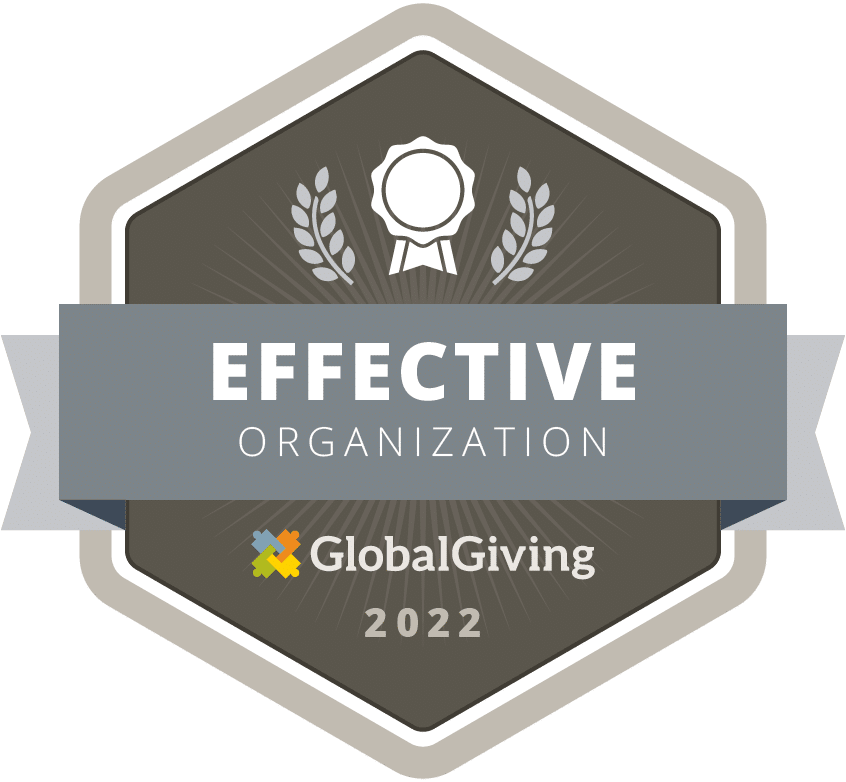
Leave A Comment